6. Foreign Correspondent (1940)
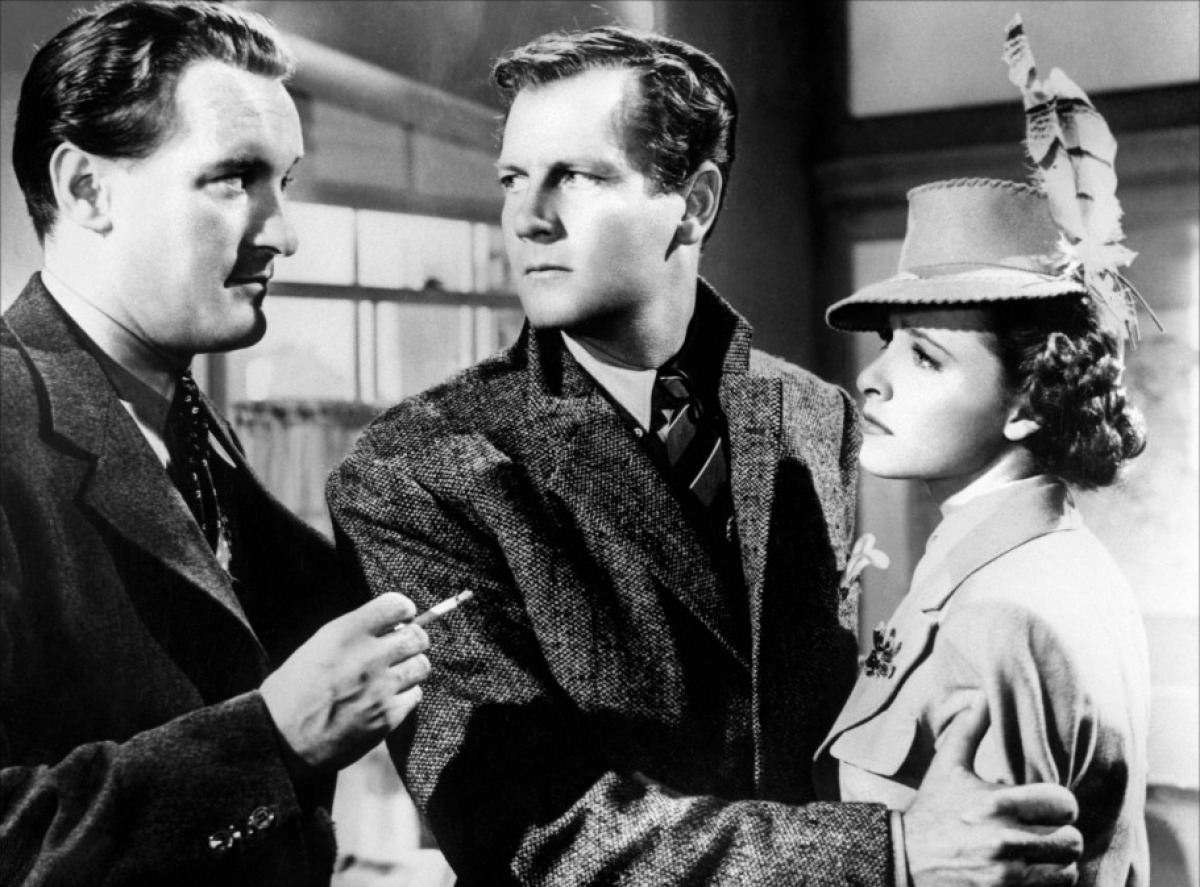
In a sense, every director working today owes something to the films of Alfred Hitchcock. Take any given thriller movie released in the last fifty years and you’ll surely find some of the defining trademarks from the master of suspense. It comes as no surprise then to see another generational talent, especially a fellow Londoner, giving him his dues. It isn’t a stretch either to say that Nolan’s headed for a similar career path as Hitchcock, in that his films are fairly accessible but still more sophisticated than your run-of-the-mill blockbuster, more often than not becoming pop-culture tentpoles.
When it comes to Foreign Correspondent, the movie has all the ingredients of a Hitchcock classic, from the razor-sharp tension and the clever plot twists to the unlikely romance. Made at the heights of World War II, the film is certainly a product of its time, following an American crime reporter dispatched to Europe who experiences firsthand the atrocities of the war.
During an interview with the BFI, Nolan argued “no examination of cinematic suspense and visual storytelling would be complete without Hitchcock” and that his “technical virtuosity in ‘Foreign Correspondent’s downing of a plane at sea provided inspiration for much of what we attempted in Dunkirk”.
7. Paprika (2006)
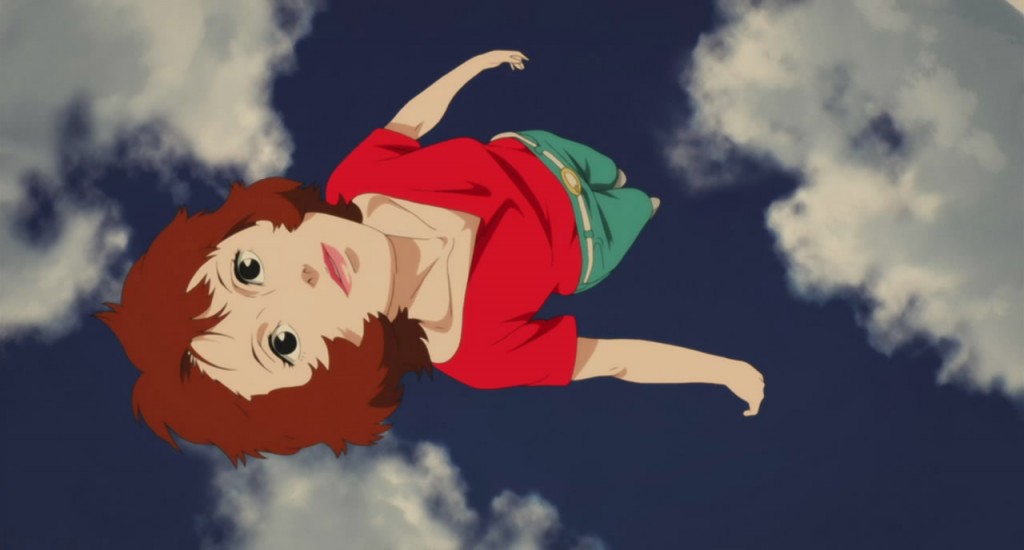
As with any worthy director who has ever picked up a camera, Christopher Nolan’s movies have been deeply inspired and inherently shaped by the ones he watched throughout his life. After all, Nolan started his cinematic journey by making homemade Star Wars rip-offs with a Super 8 recorder as a kid. Although there’s some obvious inspiration present in all of his work, there’s probably no film that treads the narrow line between homage and plagiarism as Inception.
Everyone who’s seen it remembers the dream-sharing devices, the shattering mirrors to represent the real consciousness leaking in the dream and that memorable hallway fight where gravity constantly rotates. However, far less people know of Satoshi Kon, the man who introduced all those concepts four years earlier in Paprika, his own brain-melting drama.
Paprika’s plot converges a lot with Nolan’s thriller, featuring futuristic machines to infiltrate people’s dreams and subconscious with an eerily similar set of laws and physics. Satoshi Kon employed Paprika’s surrealist plot to thrust the viewer into its character’s headspaces, exploring the deadly effects of internalized trauma, repressed grief, insecurity and guilt in a far more emotionally resonant film than its copycat.
8. Whiplash (2014)
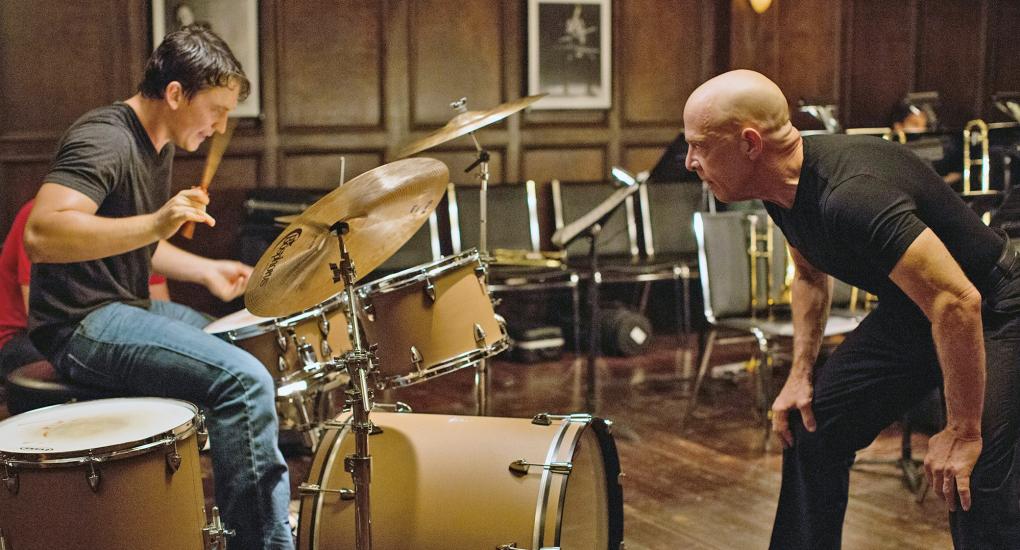
Next up we have one of the most stress-inducing movies to come out in the past decade. Besides being one of the most impressive debuts to date and officially establishing Damien Chazelle as one of the brightest new voices in cinema, Whiplash is an unapologetic peek through the lens of the competitive nature of professional jazz. The movie captures the struggle that comes from the unrelenting pursuit of excellence and both the physical and psychological toll inflicted by exhaustive (and almost obsessive) teaching.
Nolan tipped his hat to Chazelle during an interview in 2014, admitting he thought Whiplash was “an incredible piece of work” and the kind of film “where when you see it, it’s very precisely put together and you’re very jealous”. It’s safe to say that the love goes both ways. Chazelle met Nolan during production for his space epic, First Man, a film for which he recruited Nathan Crowley, a long-time collaborator of Nolan who worked as production designer for Dunkirk and Interstellar. During their meeting, both directors shared behind-the-scenes stories and exchanged personal tricks used in their respective movies.
9. The Hit (1984)
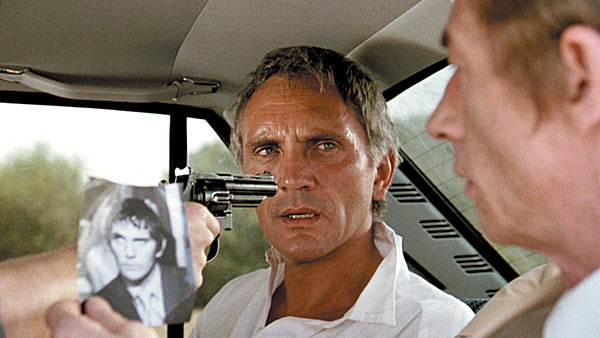
From a memory thief afraid of his own subconscious, a former engineer abandoning his family and an insurance investigator hunting down the killer of his wife, if there’s a recurrent theme among the canon of protagonists in Nolan films is that they’re people haunted by their past. In many cases, the real conflict of his narratives beyond their surface plot is found in the way the characters hide their inner turmoil in a facade of outward conformity.
The Hit follows a British gangster-turned-informant who’s peacefully living the rest of his days in a secluded villa in the sun-dappled coast of Spain. However, his hoodlum past comes back to bite him when his old crime boss sends two hit men to clip him. Nolan had nothing but praise for Stephen Frear’s classic, placing it as his absolute favorite item in the Criterion catalogue, claiming few films have “gambled as much on a simple portrayal of the dynamics between desperate men” as this obscure masterwork.
10. Bad Timing (1980)
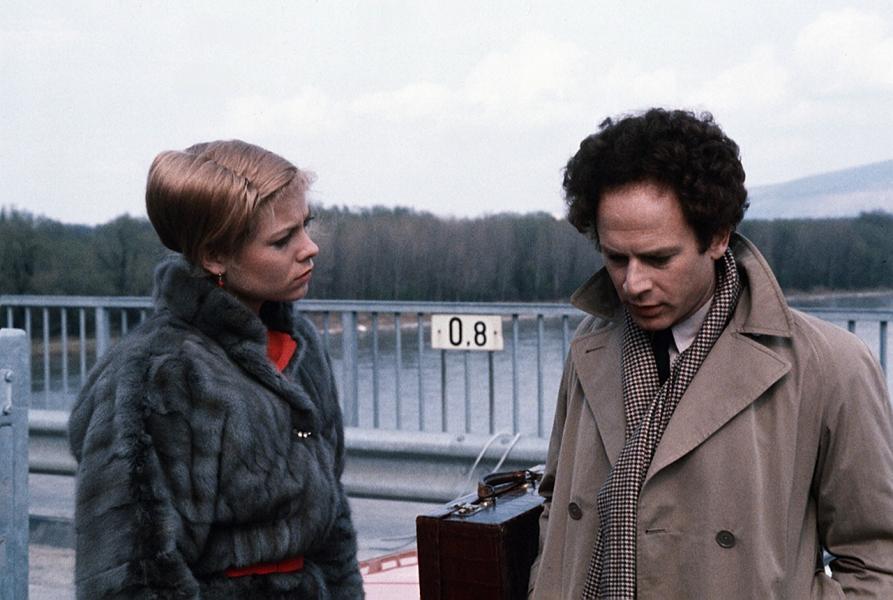
Bookending this list, we have a psychological thriller that’s fragmented and rearranged as a non-linear puzzle in the style of Memento, where the film’s structure is not only a simple gimmick but a deliberately narrative choice. As is the case with The Hit and many of Nolan’s films, Bad Timing focuses on characters who are forever burdened by their past and themselves.
The movie chronicles the dysfunctional romance between an American woman and a Vienna psychiatrist through a series of disjointed flashbacks, slowly giving us some insight into their psyches and toxic relationship. But to sell Bad Timing simply as a romance flick is as shortsighted as to refer to Citizen Kane as a simple newspaper drama. Through a labyrinthine chronology and experimental editing, Bad Timing dwells on the correlation between passion and obsession and how truly fragile relationships are.
Bad Timing came in at fifth in Christopher Nolan’s Criterion Collection rankings, where the director expressed how “great it is to be able to see Nic Roeg’s films in a form that also shows off their photographic excellence, even though they’re known for their structural innovation”.